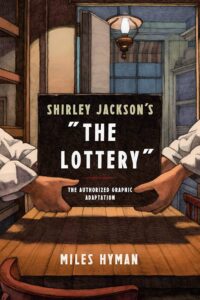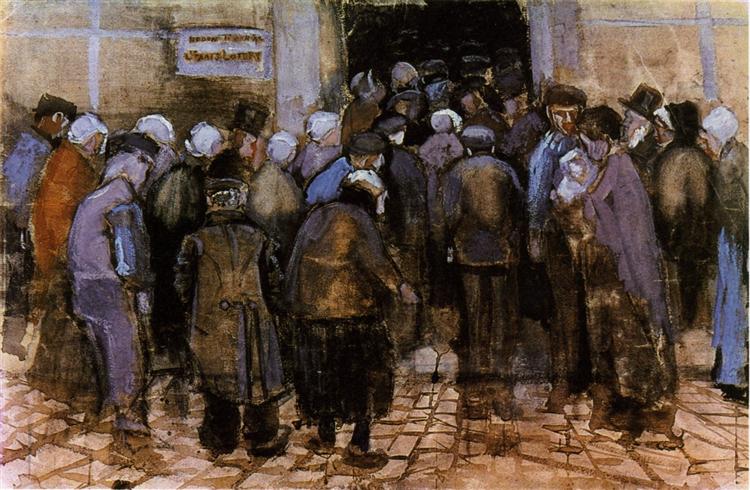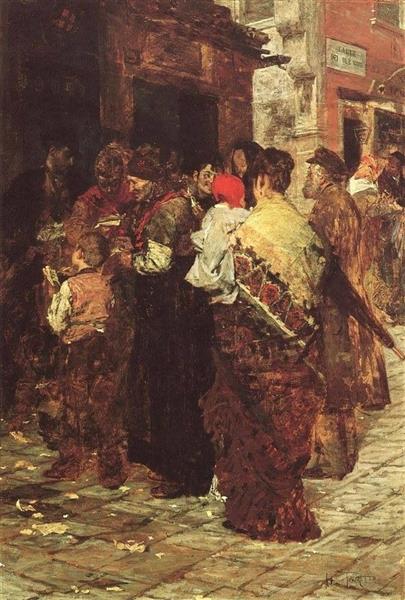 “The morning of June 27th was clear and sunny, with the fresh warmth of a full-summer day; the flowers were blossoming profusely and the grass was richly green.”
“The morning of June 27th was clear and sunny, with the fresh warmth of a full-summer day; the flowers were blossoming profusely and the grass was richly green.”
A town of around 300 inhabitants gather on June 27th for the yearly lottery. It is alluded to that other towns also do lotteries and the population seems used to this event, convening with an easy, happy camaraderie.
First the children gather, pleased that school is over for the year …. “the feeling of liberty sat uneasily on most of them; they tended to gather together quietly for a while before they broke into boisterous play and their talk was still of the classroom and the teacher, of books and reprimands.”
Then the menfolk come together, “speaking of planting and rain, tractors and taxes.” Their women follow, and they “greeted one another and exchanged bits of gossip as they went to join their husbands.”
The lottery begins, as the men of each family go to choose a piece of paper out of a black box. When the choosing starts, the people’s demeanours change, as if they are becoming nervous. When Bill Hutchinson draws a piece of paper, which is obviously different than everyone else’s, the reader knows that something is terribly wrong and we soon discover the consequences.
As much as I like the idea of Jackson’s story, it doesn’t really hold together as believable. There are definitely contrasts between summer and children and the initial light-hearted assembly of the community versus the conclusion of the lottery. There is irony of natural day-to-day conversations in contrast to the seriousness of the situation, as well as the blind adherence to tradition without questioning, not only how it affects the lottery winner, but the people and the society because of it. Can one commit a venial sin in perpetuity without it having any effect?
Jackson’s attempt can be praised for raising some very thought-provoking themes but, unfortunately her execution was poorly developed.
I’m also going to read Ursula K. LeGuin’s short story The Ones Who Walk Away From Omelas, which has similar themes to investigate.



